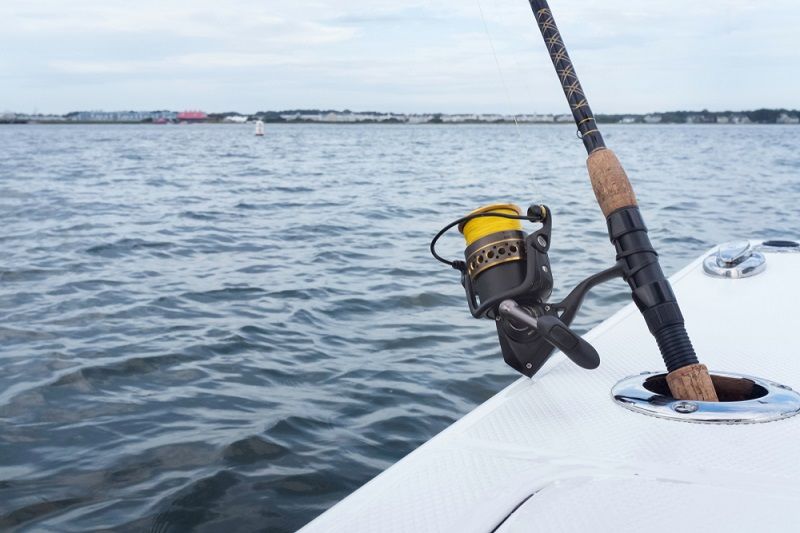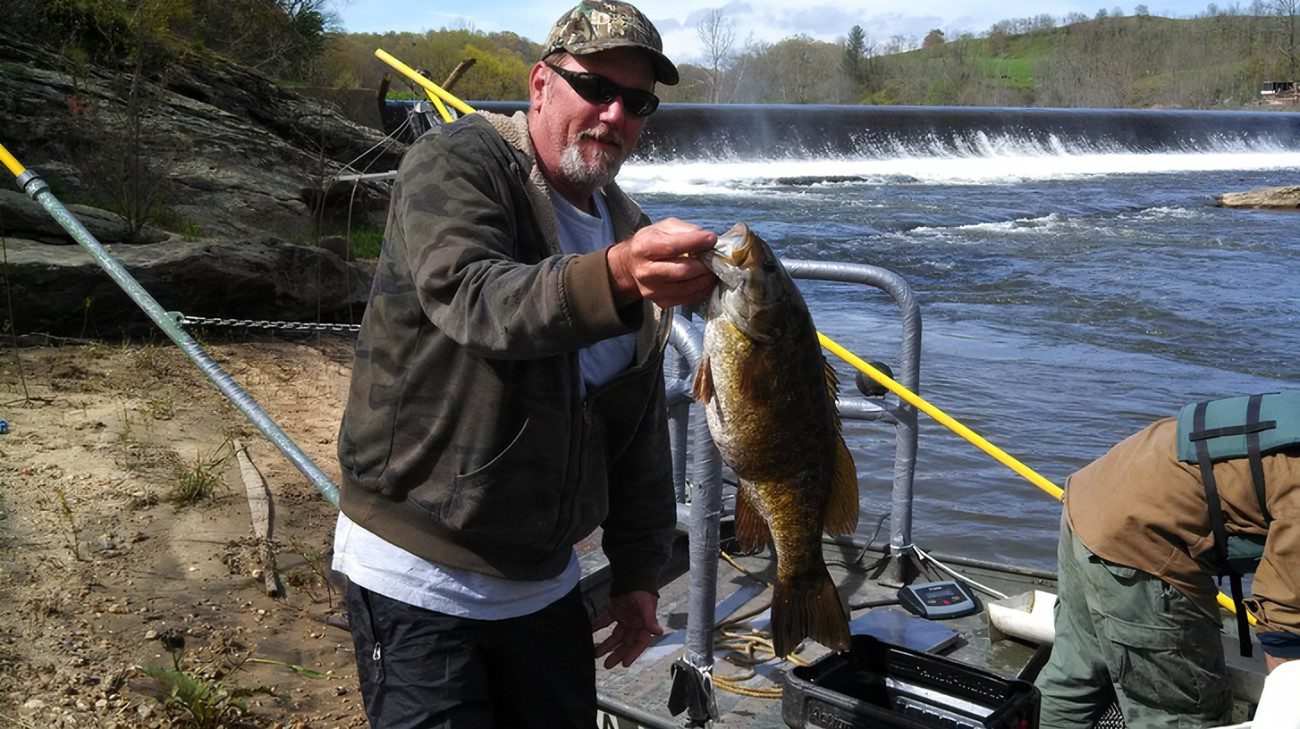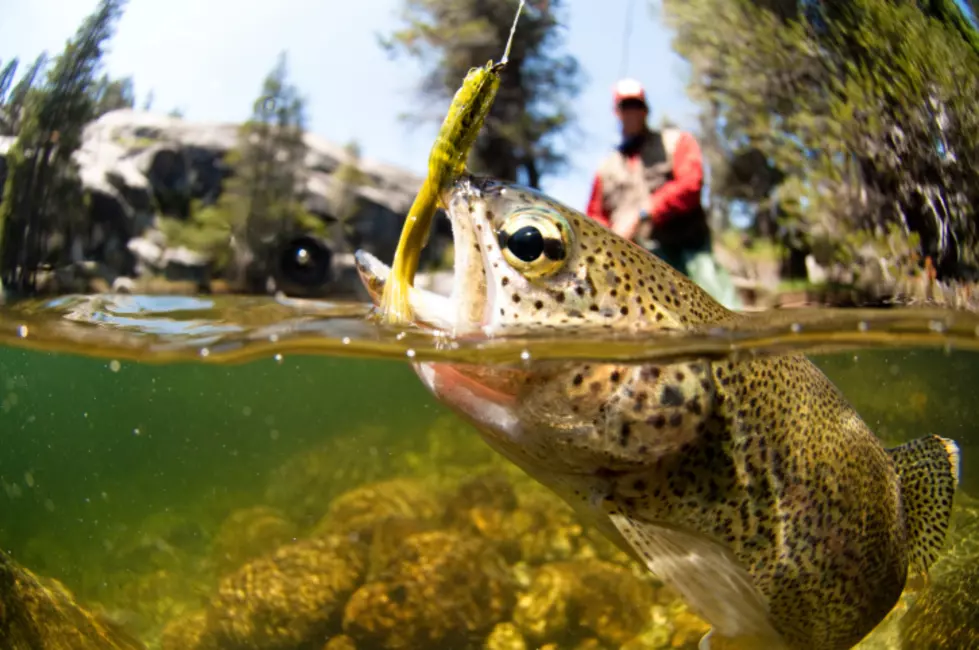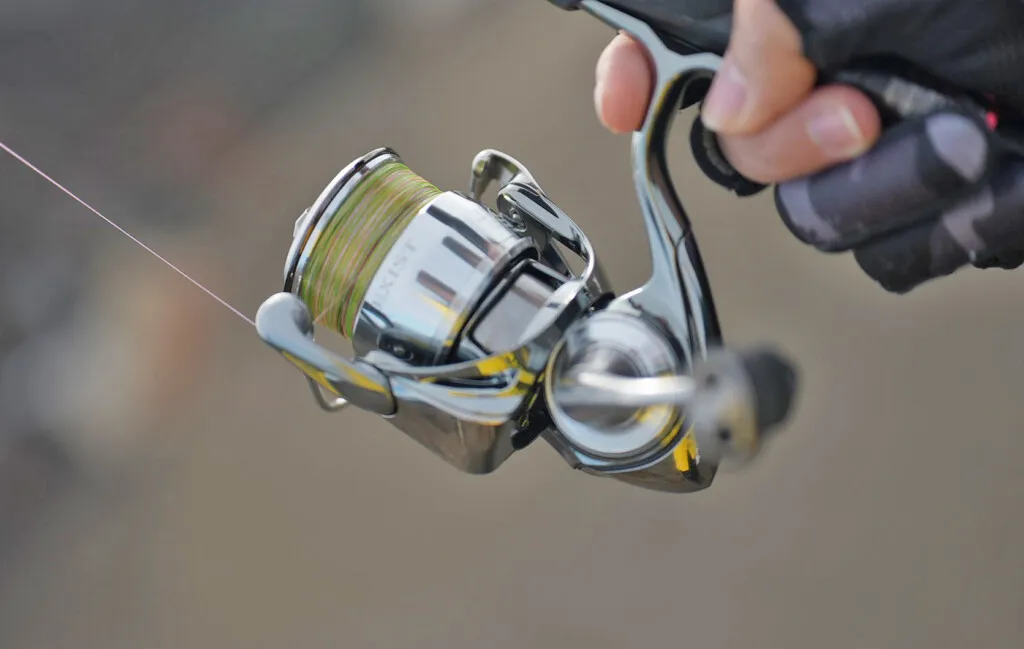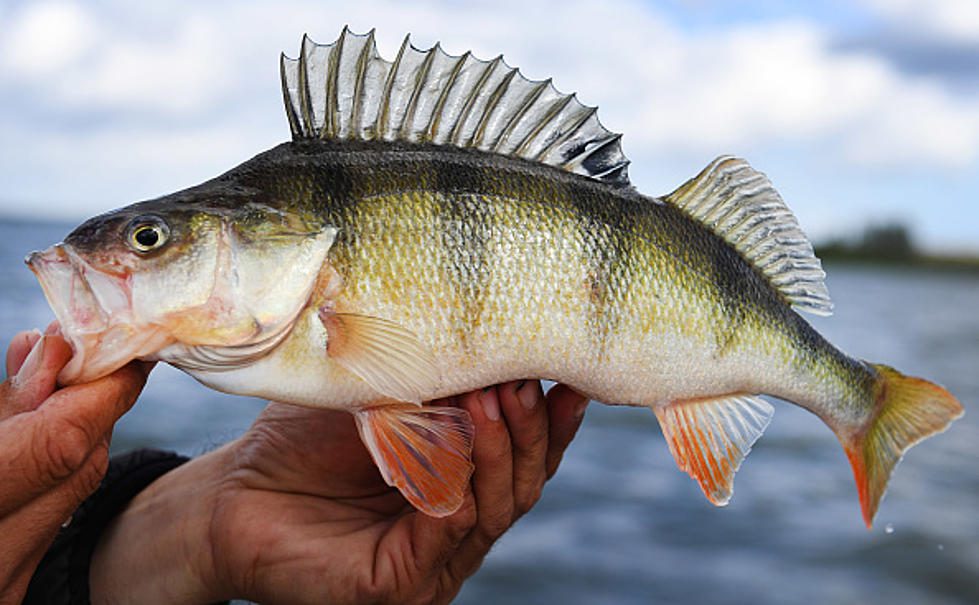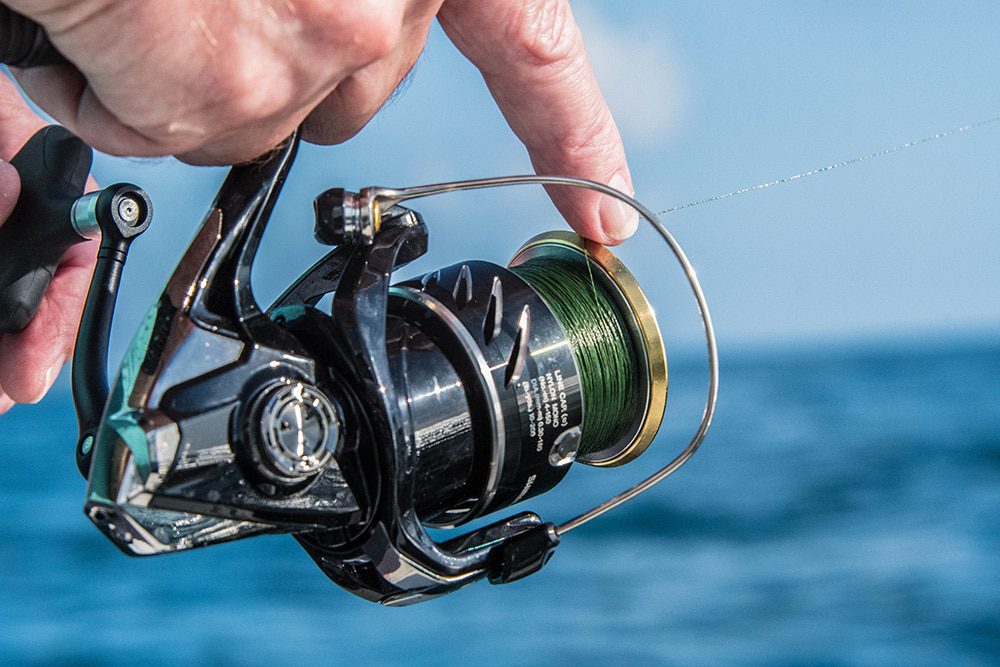Planning to operate a charter fishing boat business in the United States? Understanding the licensing requirements across different coastal states is crucial for legal compliance and successful operation. This comprehensive guide breaks down the essential federal and state-specific regulations that charter boat captains must navigate before taking paying customers on fishing expeditions.
Charter fishing operations face a complex web of regulations that vary significantly by location. These requirements exist to ensure maritime safety, sustainable fishing practices, and consumer protection. Whether you’re an established captain expanding to new waters or a newcomer to the charter fishing industry, this guide will help you understand your legal obligations.
Federal Requirements for Charter Boat Operations
Before examining state-specific requirements, all charter boat operators must comply with fundamental federal regulations, regardless of location.
U.S. Coast Guard (USCG) Captain’s License is the cornerstone requirement for all charter operations. The type of license needed depends primarily on your operating area and the number of passengers you’ll carry:
| License Type | Passenger Limit | Waters | Typical Requirements |
|---|---|---|---|
| OUPV “Six-Pack” | Up to 6 passengers | Near coastal (100 miles) | 360 days sea experience, exam, drug test, medical evaluation |
| Master License | Up to 100 GT vessels | Various zones | Additional experience, advanced navigation knowledge |
| 100-Ton Master | Larger vessels | Various zones | Extensive experience, comprehensive testing |
To obtain your USCG license, you’ll need to apply through the National Maritime Center, which administers all merchant mariner credentialing programs.
Additionally, federal permits are required for fishing in federal waters (beyond 3 nautical miles in most states, 9 in Texas and Gulf of Florida):
- Highly Migratory Species (HMS) Permit – For targeting tuna, billfish, sharks, and swordfish
- South Atlantic Snapper-Grouper Permit – For specific species in South Atlantic federal waters
- Gulf of Mexico Reef Fish Permit – Required for reef fish in Gulf federal waters
These permits are issued by NOAA Fisheries and must be renewed annually.
Atlantic Coast State Requirements
Atlantic coastal states have varied requirements that reflect their unique fishing environments and regulatory approaches.
North Atlantic States (Maine to New York)
| State | Charter License Name | Cost Range (2024) | Passenger Restrictions | Additional Requirements | Agency Website |
|---|---|---|---|---|---|
| Maine | Commercial Operator License | $147-$385 | Based on USCG license | Maine Guide License for inshore | Maine DMR |
| New Hampshire | Saltwater Fishing Guide License | $100 | Based on USCG license | N/A | NH Fish & Game |
| Massachusetts | For-Hire Permit | $65-$130 | Based on USCG license | Special permits for certain species | Mass Division of Marine Fisheries |
| Rhode Island | Party/Charter License | $100 | Based on USCG license | Landing permit required | RI DEM |
| Connecticut | Commercial Fishing Guide Registration | $100 | Based on USCG license | Enhanced registrations for certain fisheries | CT DEEP |
| New York | Marine & Coastal District Party/Charter Boat License | $250 resident/$500 non-resident | Based on USCG license | Additional permits for specific fisheries | NY DEC |
Maine’s charter boat operators must obtain both federal credentials and state-specific licenses. The Maine Department of Marine Resources requires charter captains to hold a Commercial Operator License, with fees varying based on vessel size and operating areas.
In Massachusetts, charter operators need the For-Hire Permit from the Division of Marine Fisheries. This permit allows for commercial passenger operations but must be supplemented with species-specific permits for certain fisheries like striped bass.
For more details on Massachusetts requirements, visit our Massachusetts Fishing Regulations guide.
Mid-Atlantic States (New Jersey to Virginia)
New Jersey stands out as it requires both a Saltwater Registry and, for some species, additional permits. Charter operators must register annually with the NJ Division of Fish & Wildlife at no cost, but a USCG captain’s license is still required.
For comprehensive information on New Jersey’s requirements, check our New Jersey Saltwater Fishing License guide.
Maryland requires a Guide License for charter operations, available through the Maryland Department of Natural Resources. The license costs $100 for residents and $200 for non-residents, with additional fees for specific fisheries.
Virginia charter captains must obtain a Charter Boat License from the Virginia Marine Resources Commission, with costs ranging from $190 to $380 depending on vessel passenger capacity. For more details, see our Virginia fishing information page.
South Atlantic States (North Carolina to Florida)
Florida has one of the most complex licensing systems, requiring:
- Charter Captain License from Florida Fish and Wildlife Conservation Commission
- Saltwater Products License for commercial harvest
- For-Hire Vessel Permit for the vessel itself
For Florida operations, visit the Florida Fish and Wildlife Conservation Commission website and our detailed Florida Saltwater Fishing License guide.
South Carolina requires charter operators to obtain a Charter Vessel License from the South Carolina Department of Natural Resources, with fees based on vessel capacity and ranging from $150 to $300.
Gulf Coast State Requirements
The Gulf states offer some of the nation’s most popular charter fishing destinations, each with specific requirements:
| State | Primary License | 2024 Cost | Renewal Period | Special Requirements | Agency Website |
|---|---|---|---|---|---|
| Florida (Gulf) | Charter Boat License | $401-$801 | Annual | Additional permits for Gulf reef fish | FWC |
| Alabama | Commercial Party Boat License | $200 + $6/passenger | Annual | Gulf Reef Fish Endorsement | Alabama DCNR |
| Mississippi | Charter Boat License | $200 resident/$1,000 non-resident | Annual | Red Snapper endorsement | MS DMR |
| Louisiana | Charter Guide License | $1,000 resident/$2,000 non-resident | Annual | Additional permit for federal waters | LA Wildlife & Fisheries |
| Texas | Commercial Fishing Boat License | $300-$550 | Annual | Federal reef fish permit for Gulf | Texas Parks & Wildlife |
Alabama requires a Commercial Party Boat License administered by the Alabama Department of Conservation and Natural Resources. This license has a base fee plus a per-passenger fee structure. Alabama charter operators in the Gulf must also acquire a Gulf Reef Fish Endorsement.
For more information on Alabama’s requirements, visit our Alabama Saltwater Fishing License page.
Texas charter operators need a Commercial Fishing Boat License from Texas Parks & Wildlife Department, with additional permissions required for certain species like red snapper. Learn more through our Texas fishing license guide.
Pacific Coast State Requirements
The Pacific Coast presents unique challenges and opportunities for charter operations:
California
California requires multiple permits administered by the California Department of Fish and Wildlife:
- Commercial Passenger Fishing Vessel License ($410 for residents)
- Commercial Boat Registration
- Species-specific permits for certain fisheries
Charter operators must also maintain logbooks and submit electronic trip reports. For more information, check our California fishing license guide.
Oregon and Washington
Oregon charter operators need an Oregon Charter Vessel License from the Oregon Department of Fish and Wildlife, costing $350 plus additional fees based on vessel length. For details, see our Oregon fishing license guide.
Washington state requires a Charter License from the Washington Department of Fish and Wildlife, with costs ranging from $225 to $400 depending on vessel size and operating areas. See our Washington fishing license information for more details.
Alaska and Hawaii
Alaska, with its world-renowned fishing, requires multiple permits:
- Business License from Alaska Department of Commerce
- Guide License from Alaska Department of Fish and Game
- Saltwater Charter Logbook requirements
The Alaska Department of Fish and Game administers these permits, with costs ranging from $50 to $700 depending on residency and vessel size. For more information, visit our Alaska fishing license guide.
Hawaii charter operators need a Commercial Marine License from the Hawaii Division of Aquatic Resources, costing $100 plus additional permits for specific fisheries. More details are available on our Hawaii fishing information page.
Insurance and Additional Requirements
Beyond licensing, charter operators must secure appropriate insurance coverage:
- Hull Insurance – Covers physical damage to your vessel
- Protection & Indemnity (P&I) – Liability coverage for passenger injuries
- Maritime Employer’s Liability – Coverage for crew members
Most states require a minimum of $300,000 to $500,000 in liability coverage, though many experienced operators recommend at least $1 million in coverage.
Application Process and Timeline
The timeline for securing all necessary permits varies by state but generally follows this pattern:
- Obtain USCG Captain’s License (3-6 months)
- Apply for state charter licenses (2-8 weeks)
- Secure federal fishery permits (4-12 weeks)
- Complete vessel safety inspection (Varies by location)
- Obtain business licenses and insurance (2-4 weeks)
Pro Tip: Begin the application process at least 6 months before your intended start date to ensure all paperwork is processed in time for fishing season.
Recent Regulatory Changes and Trends
Several important regulatory changes have occurred in 2023-2024 that charter operators should be aware of:
- Electronic reporting is now mandatory in 14 coastal states
- Increased fee structures in Florida, California, and Texas (18% average increase)
- Enhanced safety requirements in North Atlantic states
- Expanded conservation zones in several Gulf and South Atlantic areas
Conclusion
Navigating charter boat fishing license requirements across coastal states requires careful attention to detail and proactive planning. While the process may seem daunting, proper licensing ensures your operation is legal, safe, and sustainable.
Remember that regulations change frequently, so staying connected with state wildlife agencies and industry associations is essential. Begin your application process well in advance, maintain accurate records, and consider consulting with a maritime attorney for specific legal advice regarding your operation.
For state-specific fishing license information, visit US Fishing Licenses for the most up-to-date requirements and applications processes.

